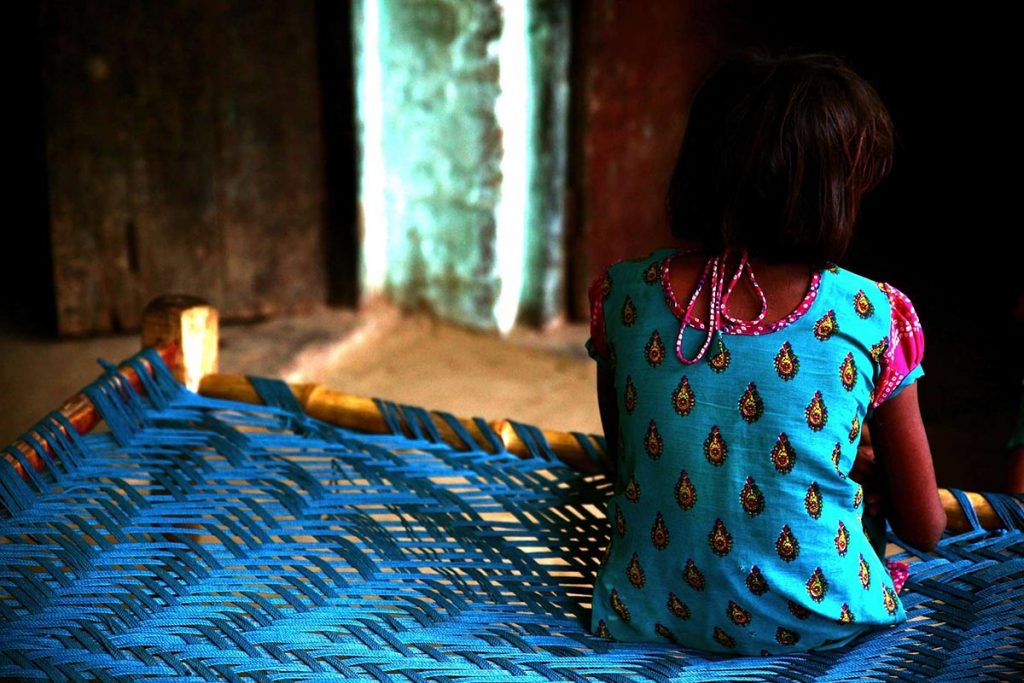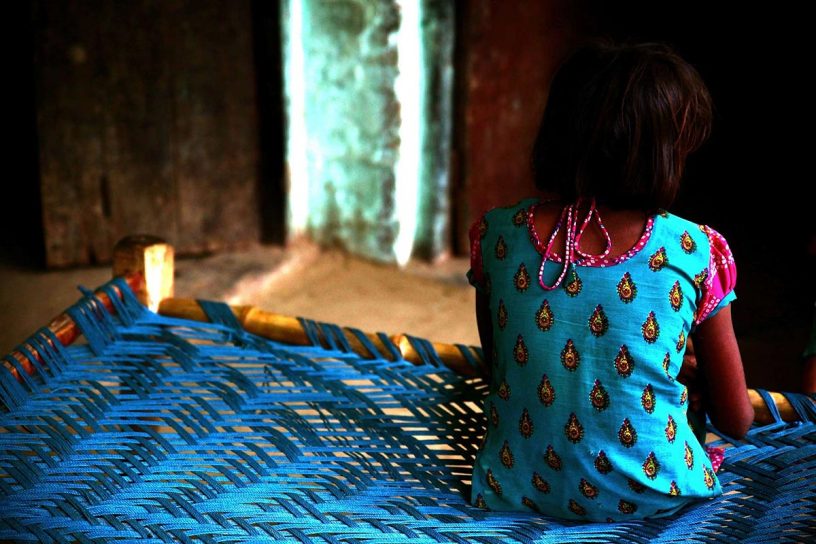
This article argues that the new legal framework will only exacerbate the implementation hurdles of the old framework, leading to poorer prosecution outcomes.
Author
Shraddha Chaudhary, Lecturer, Jindal Global Law School, O.P. Jindal Global University, Sonipat, Haryana, India.
Summary
The Criminal Law (Amendment) Act, 2018 and the Protection of Children from Sexual Offences (Amendment) Act, 2019 were purportedly aimed at strengthening the criminal justice system and deterring child sexual abuse. The article demonstrates how both legislations were reactionary, enacted without considering the evidence available on the lacunae in the system they sought to reform. It problematizes and critiques the new offences and enhanced sentences anchored in age-categorizations, the increased mandatory minimum sentences, the unenforceable timelines for investigation and trial, and the reinforcement of the link between fines imposed on the offender and compensation for the victim.
It argues that the new legal framework will only exacerbate the implementation hurdles of the old framework, leading to poorer prosecution outcomes. The article also critiques the introduction of the death penalty for child rape. It is argued that the move could expose victims to mortal danger and will create a baffling situation for Special Courts adjudicating de facto consensual cases. While the government touts these legislations as proof of its hard stance on child sexual abuse, this article demonstrates that they were nothing more than political gimmicks, meant to distract from the conspicuous absence of any effort towards systemic change.
Published in: Statute Law Review
To read the full article, please click here


